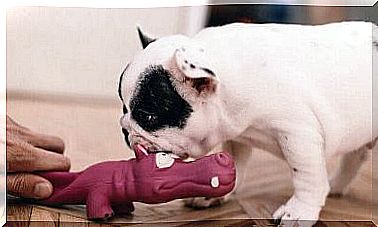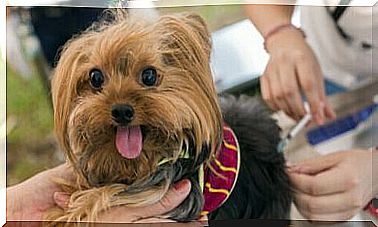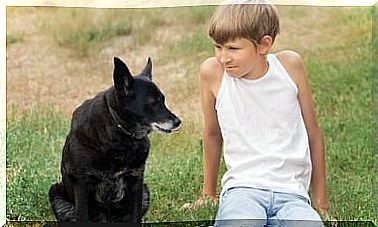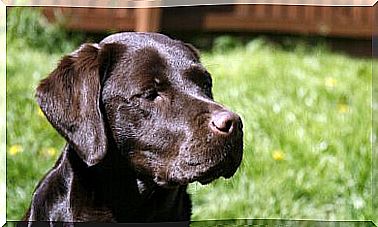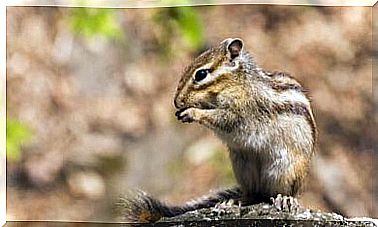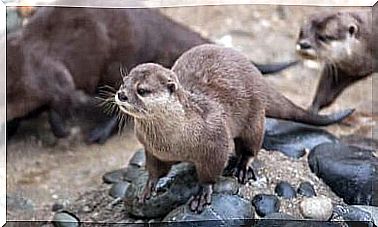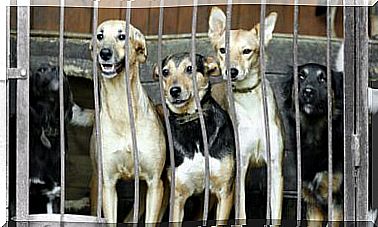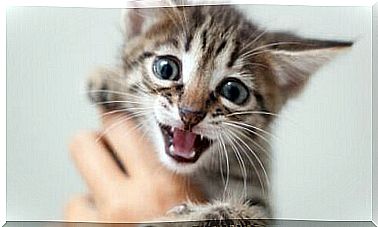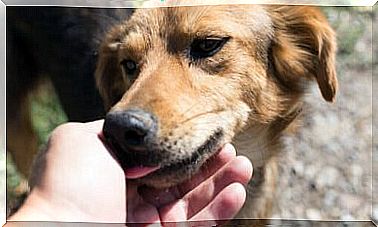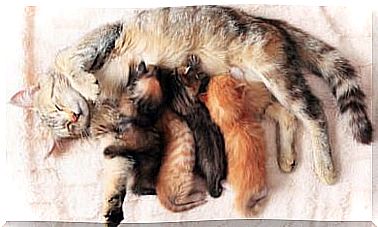Pigeon Breeding At Home
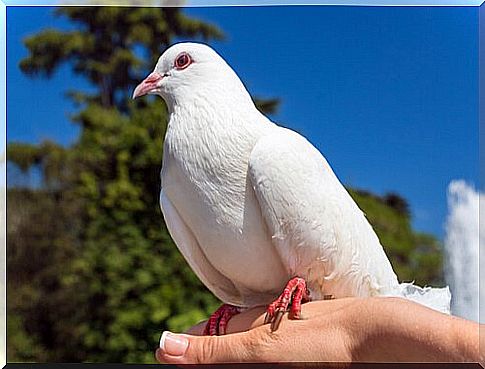
Many consider them a pest because of their proliferation in urban centers, and some develop a real phobia from their presence. However, pigeon breeding at home continues to gain followers around the world.
Contrary to what it may seem, these birds are hygienic and can be safely raised. Furthermore, they are intelligent and sociable animals, which can be easily trained.
Origins and characteristics of pigeons
We popularly use the term “dove” to name numerous birds that are part of the Columbiformes family . Currently, there are more than 300 different breeds of pigeons distributed on all continents.
As we have seen, in many places they are considered a pest.
If we look at our streets, for example, we will find numerous examples of wild pigeons, the most popular breed in the world.
These pigeons have been used as messengers for many centuries and have significantly contributed to the evolution of human communication.
Originally, these birds maintained an omnivorous diet, consisting mainly of grains, seeds and some fruits. However, adaptation to big cities and dietary changes have radically transformed the pigeons’ organism.
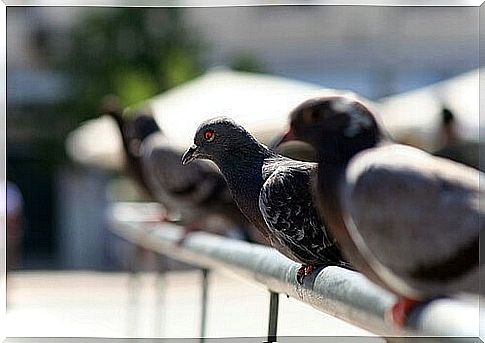
The body of pigeons is similar to that of other birds, such as parrots. If they are raised in a clean and positive environment, they will be kept active and healthy.
On the other hand, when they live in unhealthy places, they become a possible source of contamination and transmitter of various zoonoses.
Pigeon breeding: a historical passion
In addition to a hobby , pigeon breeding is a historical activity. Its aesthetic diversity, sociable character and ease of learning made possible a successful, simple and exciting domestication.
Below, we have summarized the essential care for a successful pigeon rearing at home.
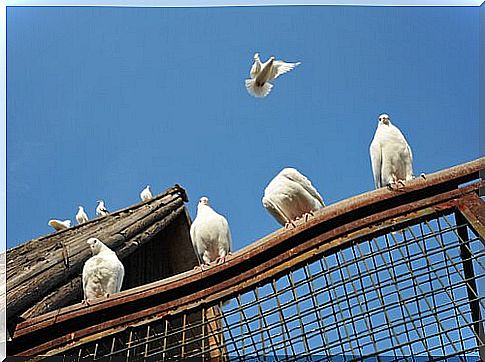
Proper hygiene for your pigeons
Pigeons are naturally clean animals. But, like any bird, they can come into contact with numerous microorganisms and harbor certain parasites in their body.
Therefore, it is essential to adopt proper hygiene habits so that the rearing of pigeons at home is safe.
Your pigeons’ cages, objects and accessories should be sanitized two or three times a week. It is also essential to wash the bird feeder, drinking bowl and dropping tray daily.
In this way, it is possible to prevent the proliferation of microorganisms in your body and in your home.
Another good habit is to avoid the accumulation of food debris or excrement in any accessory and in the bottom of the cage.
We must offer balanced portions of food to the birds and thus avoid excess or waste, removing the residues at the end of the day.
Weekly review of your pigeons
A good practice in raising pigeons is to check the bodies of your birds once or twice a week. It is important to pay special attention to the feathers and legs, where the parasites usually lodge.
Also, observing any wounds or changes in their appearance, it is necessary to consult a specialized veterinarian.
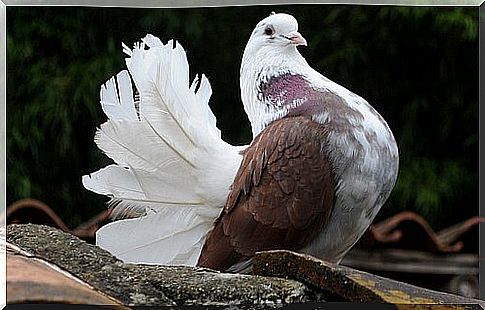
Balanced diet for a healthy body
All animals need to receive a balanced diet to stay healthy, active and happy. Proper nutrition allows pigeons to strengthen their immune system and develop better physical endurance.
A pigeon’s diet should contain a variety of grains to provide fat, carbohydrates and protein for the body.
At pet stores, there are balanced mixes for these animals. They also eat homemade foods that contain corn, sorghum, oats, wheat, barley, rice, lentils, carob, flax, beans and sunflowers.
It is recommended to offer small pieces of fruits and vegetables mixed with the grains and seeds once or twice a week.
We must also remember that puppies should receive food with a higher protein content, obtained mainly from small insects.
Preparing the perfect environment for breeding pigeons
Pigeon breeding must have cages or lofts suitable for the size of the breed chosen by the breeder. It is essential to avoid overpopulation of dovecotes. In fact, the ideal would be to have between two and three birds per cage.
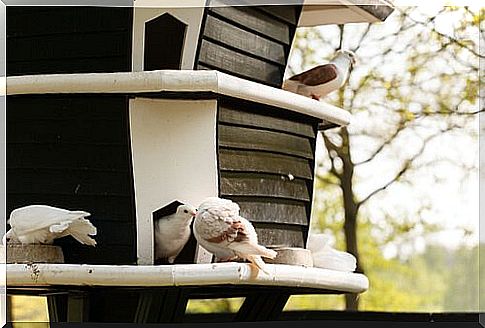
It is recommended to cover the bottom of the cages with gravel or newspaper to facilitate hygiene. In addition, we must offer them some straw so that they can make their nests and lay their eggs after the breeding season.
Feeders and drinkers should be chosen according to the size and morphology of the breed chosen for breeding. This way we prevent its contents from spilling, generating contamination.
We must pay close attention to choosing the location of the cages. Pigeons should never be exposed to the weather. And as they are native birds of temperate or warm climates, we must keep the room temperature close to 24ºC.
